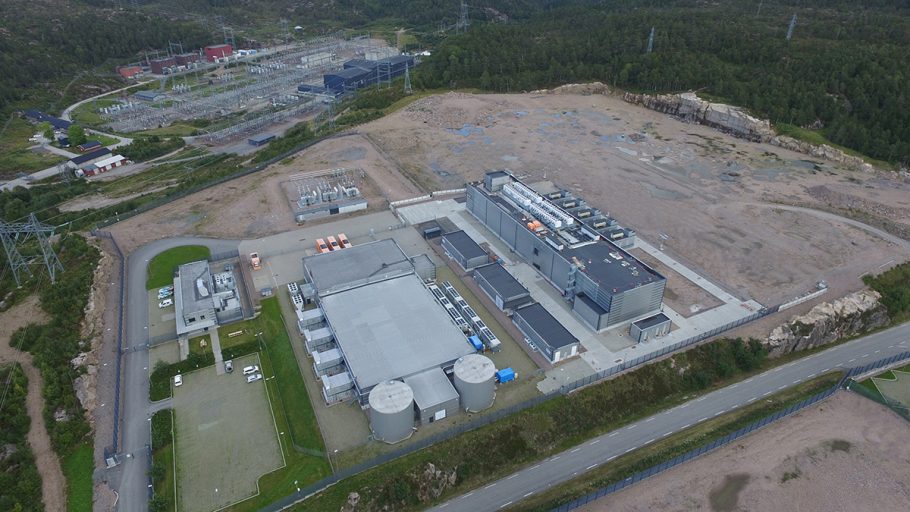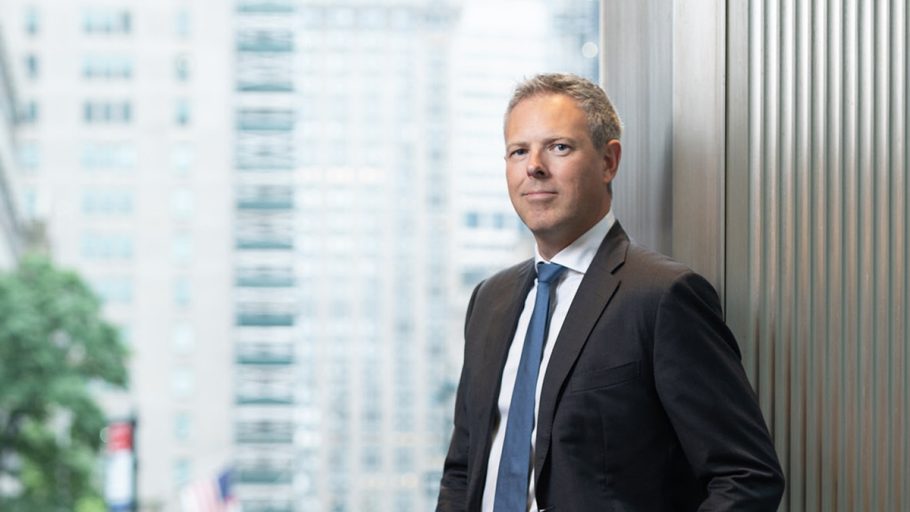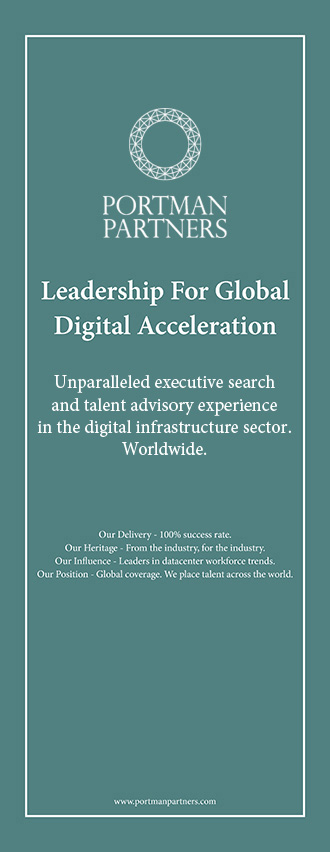Jon Gravråk has been the CEO of Bulk Infrastructure since 2018 and brings 20 years of digital transformation experience to the table. Before Bulk, Gravråk was based in Singapore as Chief Digital Officer for Telenor ASA, the Fortune 500 international mobile operator with 180 million customers across Europe and Asia.
For over 10 years before that appointment, Gravråk worked his way up from Junior Associate to Partner at McKinsey & Company. There he specialized in telecommunications and worked across offices in more than 20 cities across all continents. His clients included multiple Fortune 500 companies.
He received his M.Sc. in Business Administration from BI Norwegian Business School.
As CEO, how do your personal values align with the mission of Bulk Infrastructure, particularly its commitment to sustainability?
At Bulk, sustainability is not just a commitment—it is an integral part of the business idea. It is about making sustainability into a business, not making a business sustainable.
Working towards such a twin ambition simply is very motivating for me. When Peder hired me, sustainability was definitely one of the key value propositions. The way Peder portrayed it was simple: “Make sure that whatever you do professionally, it is something that you can be proud of the day you have grandchildren and must explain to them what you’ve been doing”
What’s been your most challenging decision in your role as CEO of Bulk Infrastructure, and how did you navigate it?
A trusted business partner of mine once said something along the lines of: “It’s in stormy weather there’s a true need for the best pilot.” His point was that a CEO’s most important contribution is exactly when demanding decisions are called for. In Bulk, like most fast-growth companies, I think there are challenging decisions to be made all the time. Often, we need to take calculated risks relating to winning a customer contract, doing a speculative investment or perhaps choosing a strategic partner. We need to prioritize fiercely and make trade-off decisions where someone gets upset. My approach to these types of decisions is three-fold.
- Always keep a fact-based perspective.
- Spend time to discuss and debate.
- But take full ownership of the decision yourself.
Generally, I love problem solving and I believe vivid discussions and difference of opinion is a good thing to arrive at the right decisions.
Who have been your role models or mentors in your journey to becoming a CEO, and what key lessons have you gleaned from them?
In my professional life, I have grown up with an apprenticeship model as basis for personal development. I spent my first 13 years working in McKinsey & Company, where I received fantastic mentorship from colleagues and clients that helped me develop from a junior associate into a partner of the firm, while learning everything from making a killer analysis to advising CEOs on strategic choices. One of my mentors at McKinsey, a senior partner and still a good friend, gave me an important lesson that has grown with me over the years. It was in my early days at McKinsey, and I was hugely disappointed for not being promoted to the next level as quickly as I aspired to be. My mentor told me: “Keep in mind that a career is a long train journey where 99 percent of the experience happens while moving, and less than one percent of the experience is at the various train stations. Concentrate less on the train stations (promotions and career shifts) and more on having a thrill when the train is actually moving!”

Are there any books or influential leaders in the field of leadership and sustainability that you regularly turn to for inspiration or wisdom?
I am a curious person and I love to learn new things, both professionally and privately. I get amazingly intrigued when I am offered a truly insightful perspective or a fundamentally different angle to a situation. Most often I get inspiration in dialogue and discussion with other people. I prioritize meeting different types of people as part of my weekly schedule, even though they’re not directly relevant for our business. I try to openly share my concerns and ideas, and in return I hope for new thoughts and twists that develop my own thinking. Coupled with intense news consumption and a few podcasts involving true subject matter experts whenever I’m in transit, this gives me a constant refill of inspiration.
While they are neither a book nor a leader, I would say that podcasts are another good source of inspiration. There are many great podcasts out there. Trying to be a bit of a Scandinavian patriot, I will suggest In Good Company with Nicolai Tangen. Tangen used to be a successful hedge fund founder and is now heading up the Norwegian state pension fund—one of the largest sovereign wealth funds globally. He has a tremendous ability to attract the most senior business leaders and ask them those simple questions that are so spot-on. His chat with NVIDIA founder, Jensen Huang is one of the best podcast episodes I have ever listened to.
Can you recall a significant failure in your career and how it ultimately contributed to your growth as a leader?
Failure is important to grow, but so hard to admit and even harder to talk about. One failure that I still regret is not exploiting more of the global mobility opportunities at McKinsey & Company. Despite having worked in more than twenty countries during my time at McKinsey, I never actually moved permanently to another location. It’s a lost opportunity that would have provided stronger personal growth. It required an outside job offer to make me come to my senses. When Telenor offered me an opportunity to bring my family to Singapore and work from there, I simply couldn’t say no. It was a fantastic experience, both personally and professionally. You get an outside-in view on your own background which is humbling while at the same time giving you some confidence that your capabilities can travel far from your home turf.
If you could share one piece of advice with aspiring CEOs, especially those keen on leading sustainably-focused companies, what would it be?
The best career advice I have gotten is to focus your efforts on your current role. Take ownership, create impact and make your team stronger. Opportunity comes when you least expect it. As for leading sustainability focused companies, I think you need to bring a wholehearted approach. You need to believe personally in the impact to be had, and you need to keep the double bottom-line in mind even when difficult trade-offs present themselves. You will be forced to make compromises, but over time you must succeed to create a balanced impact both financially and sustainability-wise.



